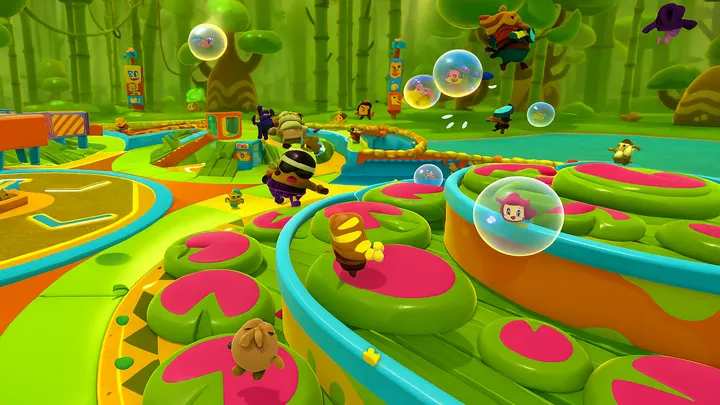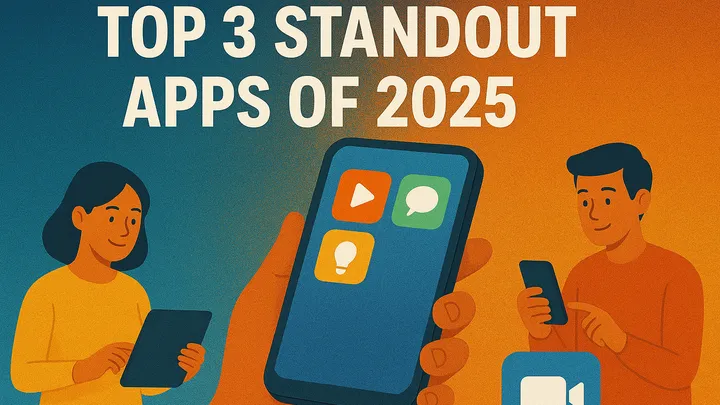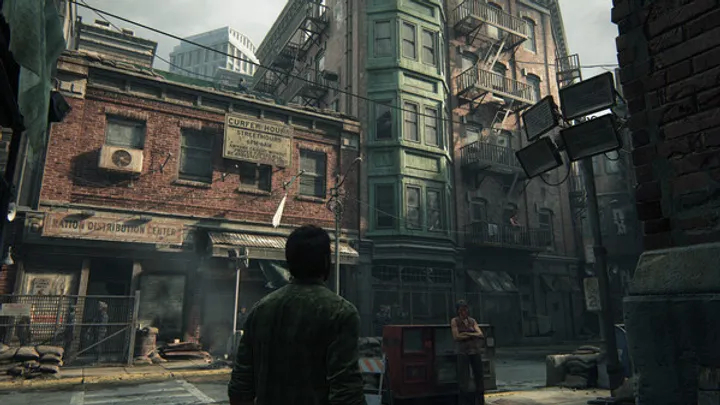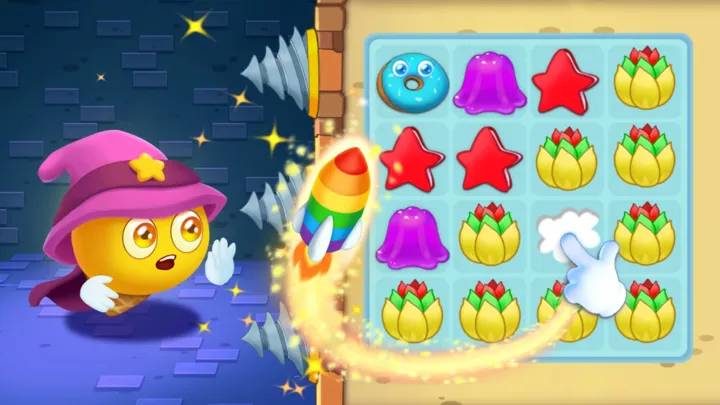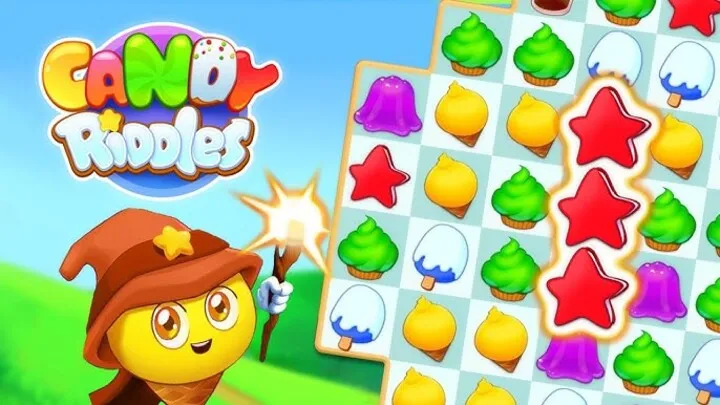Valorant, Riot Games' tactical first-person shooter, is a game of precision, strategy, and mental fortitude. While the game is fundamentally built on teamwork, mastering the art of solo play is a critical skill that can elevate you from a passive participant to a game-changing force. True expertise in Valorant is not just about raw aim; it is about understanding the intricate layers of economy, agent abilities, map control, and psychological warfare. This comprehensive guide provides an expert-level breakdown of how to dominate Valorant as a solo player, covering everything from fundamental shooting mechanics and agent roles to advanced tactical decision-making and the crucial mindset required to climb the ranks alone.
The Core Fundamentals: Aim, Movement, and Positioning
Before any strategic discussion, the foundation of your game must be solid. In Valorant, a small margin for error separates victory from defeat, and this margin is often determined by your mastery of the basics.
Shooting Mechanics: Valorant's shooting is highly punishing for those who move while firing. Your primary goal is to master recoil control, which involves pulling your mouse down in a controlled pattern to counteract the weapon's vertical kick. The first few bullets are the most accurate, so practice firing in short, controlled bursts. A single, well-placed headshot is often all it takes to secure a kill, so crosshair placement at head height is a non-negotiable fundamental. Always aim at where you expect the enemy's head to be, even when moving around corners.
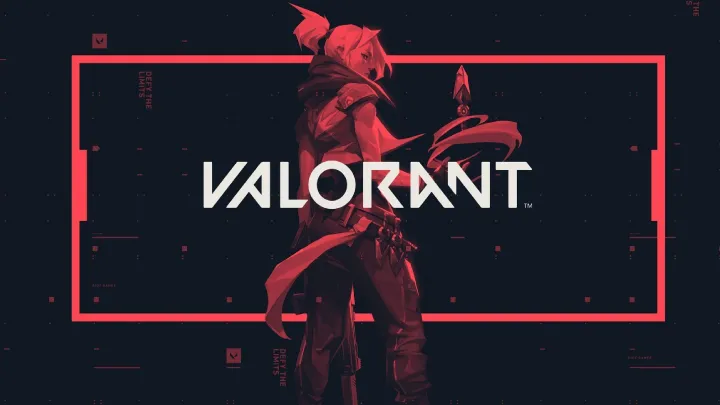
Movement: Your movement should be deliberate and precise. Counter-strafing, the technique of tapping the opposite directional key to instantly stop your momentum, is essential for shooting accurately. You can practice this in the shooting range until it becomes second nature. When peeking a corner, a simple rule is to peek wide. This creates an unpredictable angle for the defender and makes you a harder target to hit. Avoid running out into the open, as you become an easy target. Instead, use a combination of walks, jukes, and peeks to navigate the map.
Positioning: Where you stand is just as important as how you shoot. As a defender, you want to hold an off-angle that an attacker would not expect. As an attacker, you should clear corners methodically and avoid standing in the same spot for too long. Always consider the "trading" dynamic: if your teammate is about to peek a corner, position yourself so you can immediately trade the kill if they get taken down.
Understanding Agent Roles: The Strategic Toolbox
Every agent in Valorant is designed with a specific role in mind, and as a solo player, understanding these roles is critical for maximizing your impact on the team, even when your teammates are strangers.
Duelists: These agents are the entry fraggers. Their job is to create space for the team by being the first to enter a site and securing early kills. A solo Duelist must be confident and decisive. You are expected to go in first, but that does not mean you should rush blindly. Use your abilities to blind or dash onto a site, create confusion, and bait out enemy utility. A great Duelist provides information to the team and sets them up for success. Agents like Jett, Reyna, and Phoenix fit this role.
Initiators: Initiators specialize in gathering information and setting up their team. Their utility is designed to clear corners, reveal enemy positions, and disrupt defensive setups. As a solo Initiator, your role is to be the brain of the team. Before an entry, use your flashes, recon darts, or dogs to gather information for your Duelist. On defense, use your utility to slow down an enemy push or to reveal their numbers. Your role is not about getting kills but about providing actionable intelligence. Sova, Fade, and Skye are key examples.
Controllers: Controllers use their abilities to block off lines of sight, manipulate the map, and create a safe path for their team. As a solo Controller, you are the architect of the attack. Your smokes, walls, and screens are invaluable tools for executing a flawless site-take. You must have a deep knowledge of the map to place your utility in the most effective spots. A well-placed smoke can negate an Operator angle or allow your team to plant the spike in a safe location. Viper, Omen, and Brimstone fill this role.
Sentinels: Sentinels are the masters of site defense and flank watches. Their utility is designed to lock down a site and alert the team to enemy pushes or rotations. As a solo Sentinel, your job is to be the anchor. On defense, use your traps and cameras to secure a site and provide early warnings. On offense, you are the one responsible for watching the flank after your team has taken a site. Your abilities can prevent a team from rotating back and retaking the site. Sage, Killjoy, and Cypher are the agents for this role.
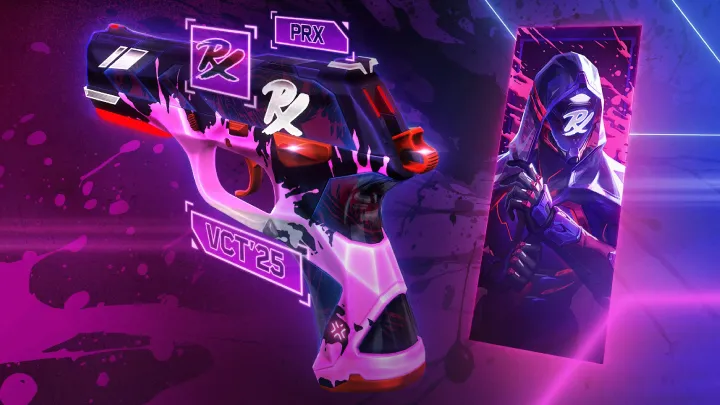
The Economy Game: A Crucial Layer of Strategy
Valorant's economy is a complex system that can decide the outcome of a match. As a solo player, you must understand it deeply to make smart decisions for yourself and your team.
The game revolves around three main types of rounds:
- Full Buy: You have enough money to buy a powerful rifle (Vandal or Phantom), full shields, and all your abilities. This is your best chance to win a round.
- Eco (Economy) Round: You have very little money. Your goal is to spend as little as possible to save up for a full buy in the next round. You should only buy a cheap pistol like a Ghost or Sheriff and save the rest.
- Half Buy: You have enough for some essentials but not a full buy. You might buy a Spectre or a Marshall and half shields. This is a round where you can try to surprise the enemy, but you are at a disadvantage.
The key to mastering the economy is to communicate your intentions, even if your teammates are silent. Use the in-game buy menu to signal "Save" or "Buy". Pay attention to your teammates' money and try to match their purchases. If your team is on a save round and you have enough for a rifle, it is often better to save with them so everyone can have a full buy in the next round. You can also buy a teammate a weapon if they are short on credits, a selfless act that can lead to a round win.
The Path to Mastery: Solo Strategy and Game Sense
Beyond the basics, true expertise is found in your ability to adapt and make smart decisions on your own.
Map Knowledge: A deep understanding of the maps is a major advantage. Know the common angles, the typical plant spots, and the fastest rotation routes. In a clutch situation, this knowledge can be the difference between winning and losing. Use your game sense to anticipate where the enemy will be based on sound cues. Listen for footsteps and ability sounds to get a sense of the enemy's location and strategy.
Playing Off Teammates: As a solo player, you must learn to read the room. Even with no communication, you can observe your teammates' actions and support them. If a teammate is holding an angle, you can be ready to peek and trade the kill if they fall. If a Duelist is about to entry frag, position yourself behind them to follow up. Your ability to create a silent synergy with your teammates is a powerful tool.
Clutching: A clutch is a moment where you are the last person alive on your team and you must win the round. This requires a calm mindset and a clear game plan. First, assess the situation: how many enemies are left? Where are they? Do you know the bomb's location? Do you have utility? Avoid rushing and use the information you have to outsmart your opponents. A good clutch is not about a flashy kill; it is about smart, methodical play.
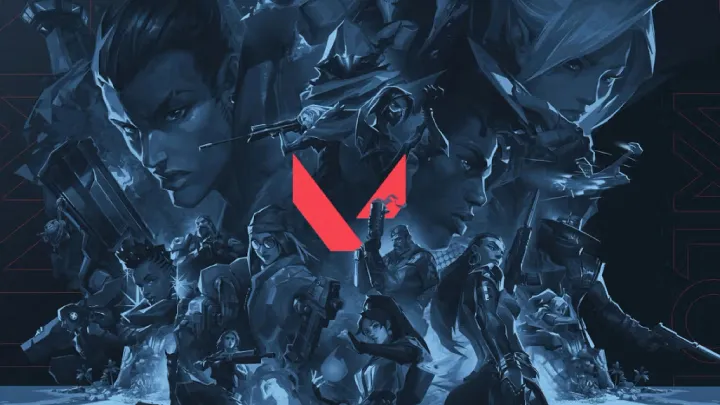
The Mental Game: Mindset and Improvement
In a game as intense as Valorant, your mental state is a major factor in your performance.
Handling Tilt: You will lose rounds, and you will lose matches. This is a fact of the game. Learning to control your emotions and not "tilt" is crucial. Take a moment to breathe after a tough round. Focus on the next one and learn from your mistakes. Do not let one bad round spiral into a series of losses.
Practice and Analysis: The shooting range is your best friend. Use it to warm up your aim, practice your sprays, and master agent abilities. After a match, take a moment to reflect on your performance. Did you make any major mistakes? Could you have positioned yourself better? The most skilled players are constantly analyzing their own gameplay.
In conclusion, playing Valorant as a solo player is a multifaceted challenge that rewards a holistic approach. It is not just about having a fast reaction time; it is about understanding the fundamentals, mastering your agent's role, and making intelligent decisions with the economy. The journey to becoming a dominant force is a long one, but the satisfaction of winning a tough match on your own or with a team of strangers is a feeling of true mastery. With patience, practice, and a strategic mindset, you can elevate your game and achieve success in the tactical world of Valorant.








